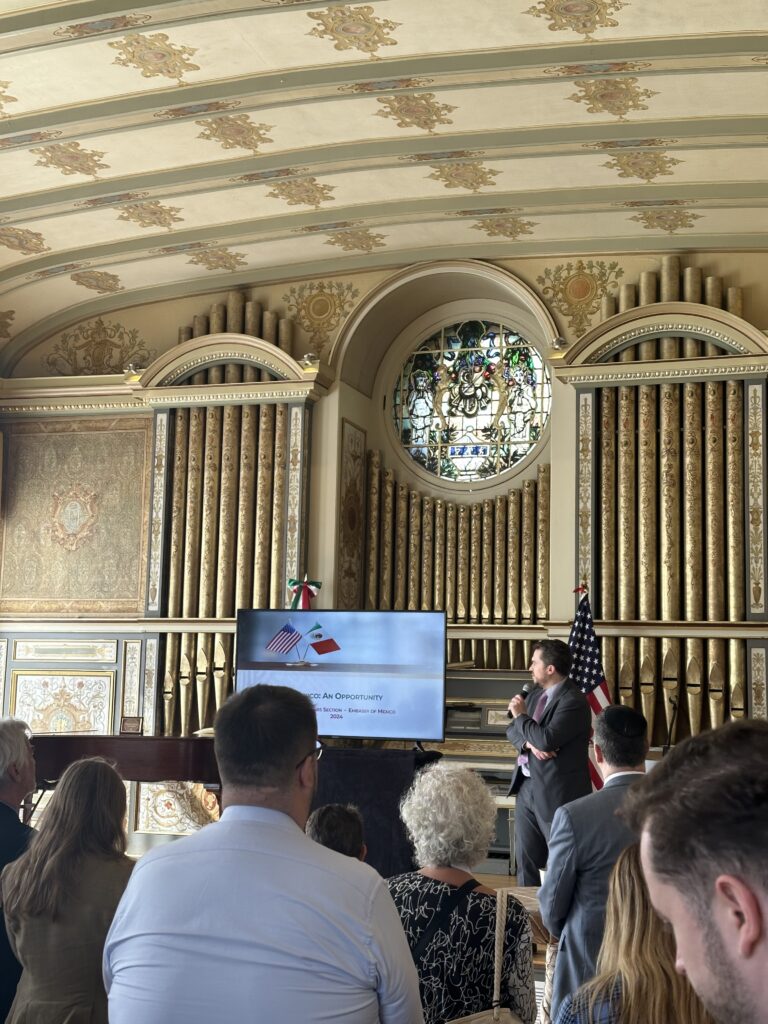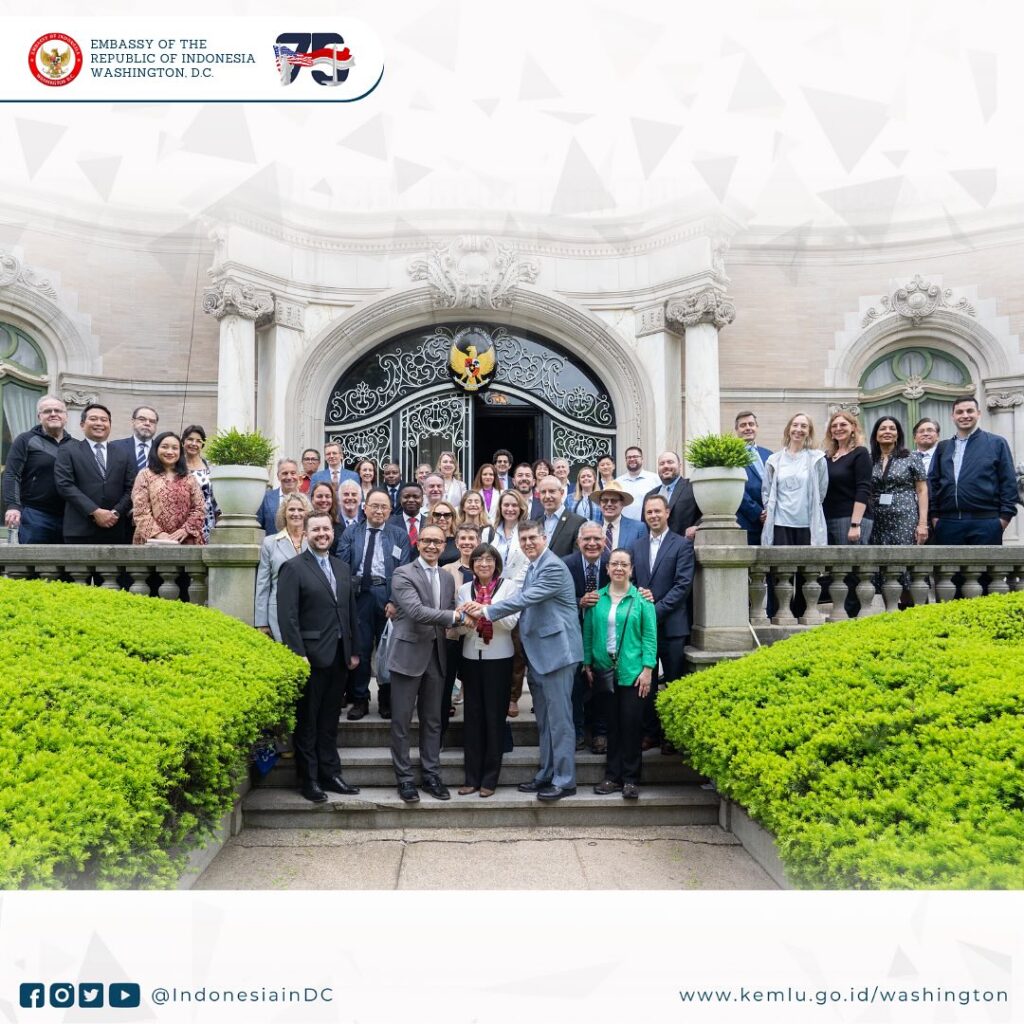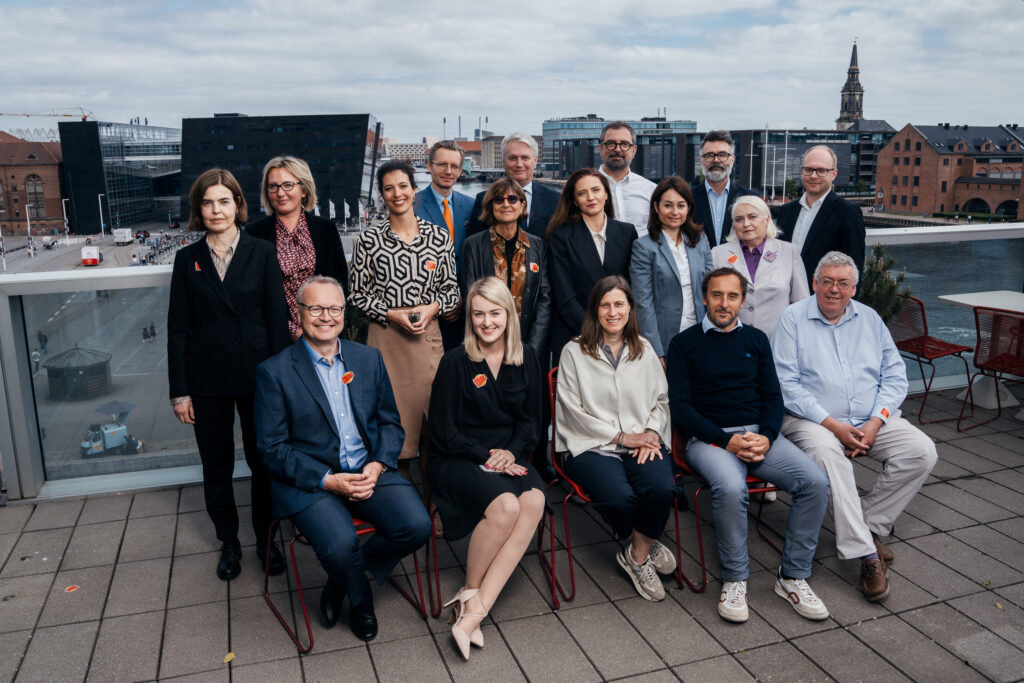VISITING THE DANISH PARLIAMENT BY THE LAWYERS OF BIOLAW EUROPE
Publication date: June 05, 2024
Lawyers from the law firms that make up the BIOLAWEurope FmbA organization, as part of the celebration of the 10th anniversary of the establishment of the organization of firms specializing in the regulatory pharmaceutical law and life science market, took part in a visit to the Danish Parliament building. The meeting was led by Jan Ejnar Jørgensen, MEP, Attorney-at-Law, elected for and member of “Venstre”, The Liberal Party of Denmark (Member of the Alliance of Liberals and Democrats for Europe (ALDE)), who, as a practicing Danish lawyer and currently, the parliamentarian has devoted his valuable time to showing BIOLAW EUROPE lawyers around the key places of the Parliament in Copenhagen, including the historic and current Plenary Hall, and working rooms, including special conference rooms referring, among others, to the Greenlandic tradition.
The visit to the Danish Parliament was one of many key exclusive events accompanying the general meeting of the BIOLAW EUROPE association. The event was organized by Jan Bierrum Bach, Danish lawyer, Jusmedico, founder of BIOLAWEUROPE FmbA.
Trade related panel at the Italian Embassy in Washington D.C. having the function of contact point for the European Union.
Publication date: May 31, 2024
Kiełtyka Gładkowski KG LEGAL’s lawyers took part in a discussion panel organized by the first consul of the Italian Embassy in Washington D.C., whose tasks include the coordination of Italian diplomatic missions throughout the USA. The Italian embassy is a diplomatic mission that is also a contact platform with European Union institutions.
The meeting at the Italian Embassy was the occasion for a practical Q&A session related to options and opportunities for investments in Italy, particularly from the perspective of cross border business with international shareholding.
KIEŁTYKA GŁADKOWSKI KG LEGAL’s lawyers as guests at the Mexican diplomacy in Washington D.C.
Publication date: May 29, 2024
Meeting with Mexican diplomacy in Washington.
As a part of the multi-day conference of the international section of the American Bar Association, the conference committee organized a special meeting for lawyers with Mexican diplomatic representatives in Washington.






A visit to the diplomatic mission of Indonesia in Washington D.C., in the building of the owner of the Hope diamond – the prototype of one of the motifs of the film “Titanic”.
Publication date: May 29, 2024
As part of the events accompanying the annual conference of the international section of the largest legal organization in America, ABA, lawyers of Kiełtyka Gładkowski KG LEGAL, together with other lawyers participating in the conference, were hosted by the Indonesian Ambassador in Washington D.C.
The topic of the meeting was the exchange of key information regarding investment opportunities in Indonesia, including in the novel food industry and tourism.


